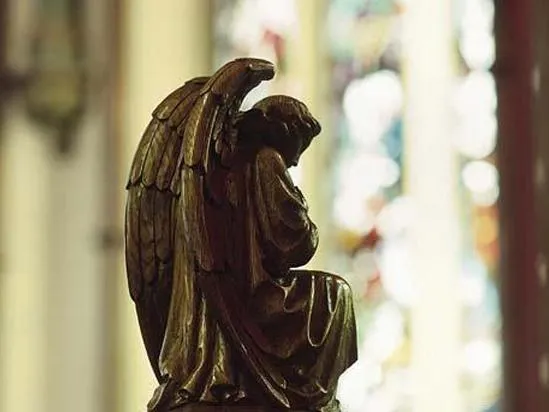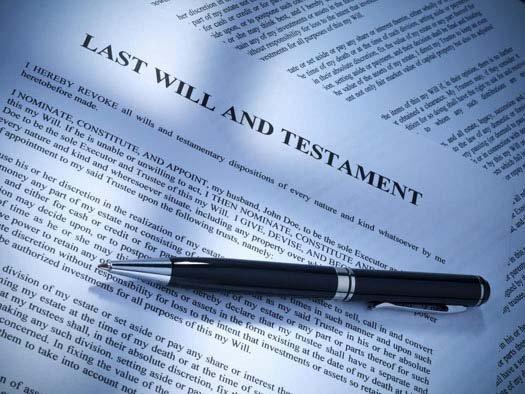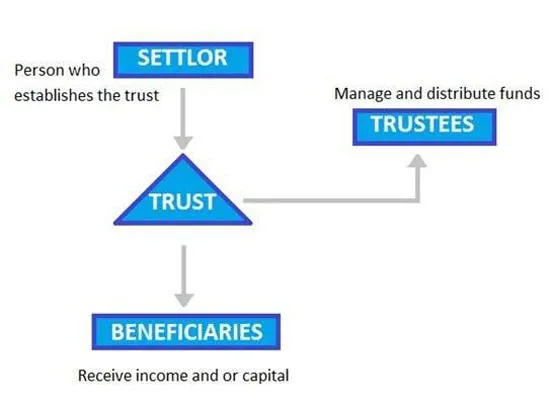What Happens When There is No Will?
What Happens When There is No Will?
Dying without a Will: What Happens to Your Estate?
A good estate plan and will outlines what happens to your assets when you pass away. Dying without a will poses certain challenges. Here's what happens.
Keyword(s): dying without a will
A 2016 poll found that 44 percent of Americans have a will. Those numbers suggest dying without a will is more common than most of us realize.
Wealthier people are more likely to make a will. But money is no guarantee.
In 2016, legendary musician Prince died without leaving a will behind. In 2018, Aretha Franklin died and left behind an estate of approximately $80 million, but no will.
Celebrity deaths get more attention when there's no will. But what happens if you die without a will? Read on to find out.
Dying Without a Will (or Dying Intestate)
Dying without a will is often referred to as "dying intestate." The "state" part is especially important here.
For instance, Franklin died in Michigan while Prince died in Minnesota. Ever state handles intestate deaths in a different way.
Spouses and children will fare better in these cases. They already have a legally established relationship with the deceased. Friends and associates are another matter.
Let's say a non-famous person dies without leaving behind a will. Their estate becomes a matter for probate court.
Probate courts alone aren't bad. In general, an estate goes into probate court even if someone left behind a will with very specific instructions. But an estate with no will is a lot tougher to untangle.
Let's say the person we mentioned earlier had two pieces of property. Property A is more valuable than Property B.
The deceased person had two children. Both of them say their parent intended to leave them Property A and give the other child Property B.
How is the probate court supposed to decide who is right? It's possible the two children will end up splitting the value of both houses. But it usually takes a lot of time and a lot of lawyers to get to that point.
Appointing an Executor
Someone who makes a will can appoint a specific executor. An executor is someone who oversees the distribution of assets. It can be a friend, family member, or probate attorney.
Needless to say, the executor has a lot of power. Which means that oftentimes, family members will go to court to fight over who should be executor.
The court has to appoint a qualified executor when someone dies without a will. But the court's role isn't just to guess what the deceased wanted. They must also apply relevant state laws.
For instance, let's say a person named Fred dies with a wife and three known children. The probate court decides to divide the estate four ways when, at the last minute, another person shows up. This person claims to be Fred's secret child.
If a DNA test confirms they're telling the truth, then they may very well have a claim to some of the estate. It's much easier to leave out specific children if you write a will. The children who get left out can still challenge that will, but they will have a much shakier case.
Why Wills Matter
There are lots of reasons for dying without a will. Some people wrongly assume they have time to make a will later. Some people may think it's too expensive and time-consuming to draft a will.
But not making a will is an expensive choice. It may not cost you anything, but it will cost your survivors a lot of time, money, and heartache.
The estate attorney at R Dean Davenport Attorney at Law has years of experience in drafting wills for Texas residents. Contact us to get started with drafting your will.



